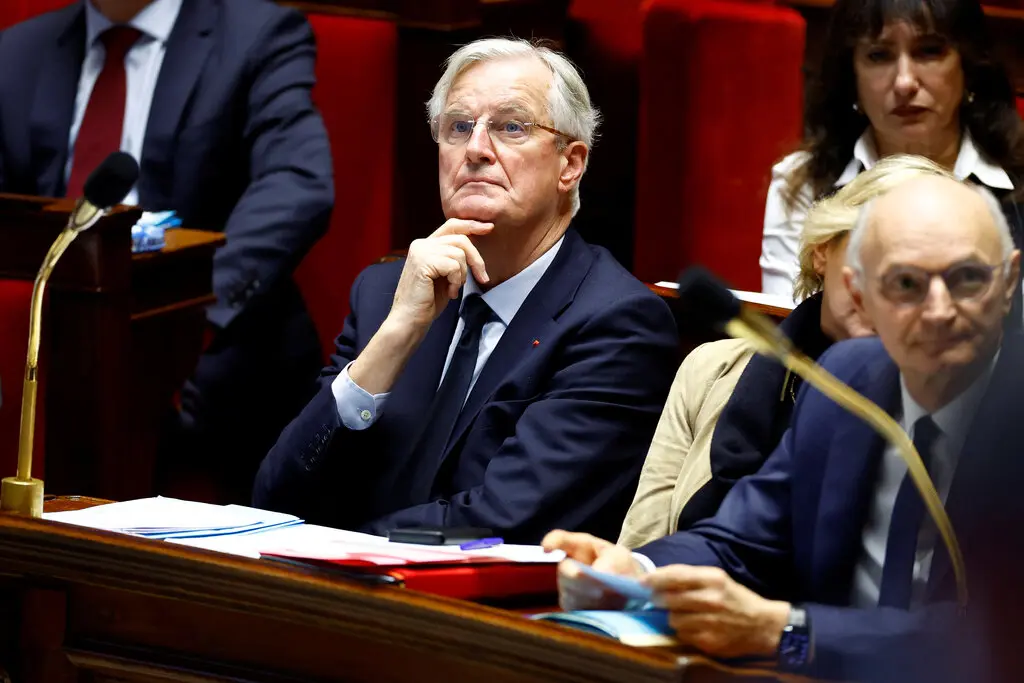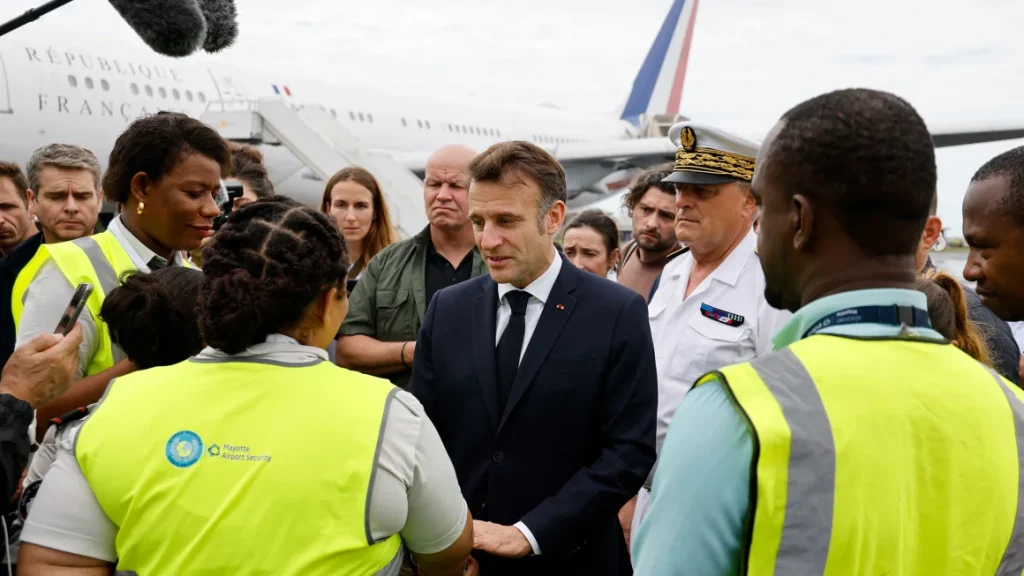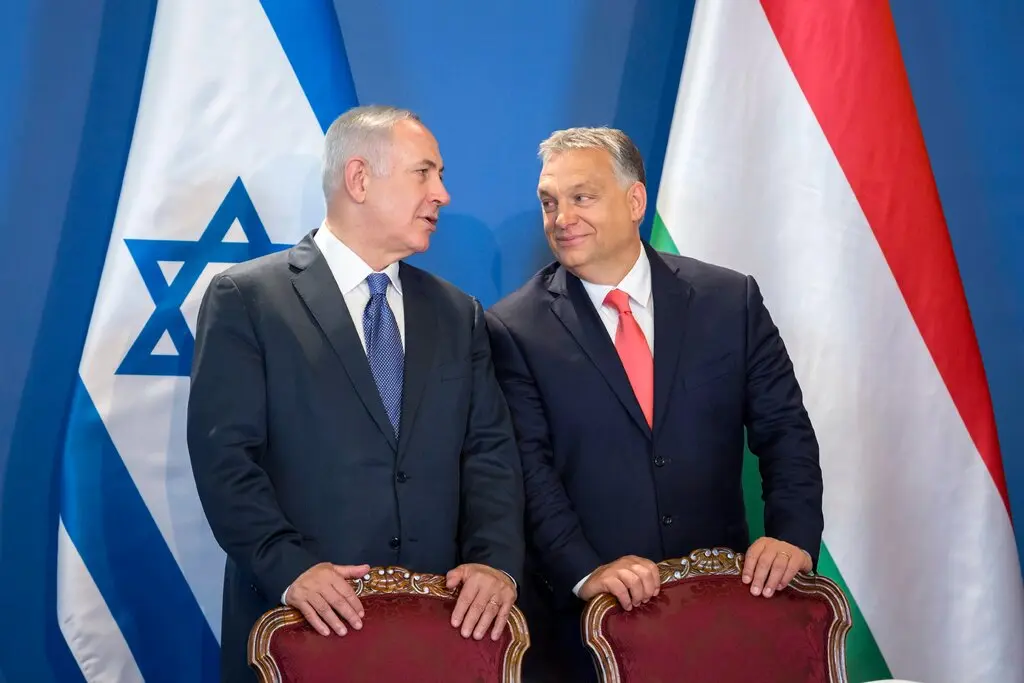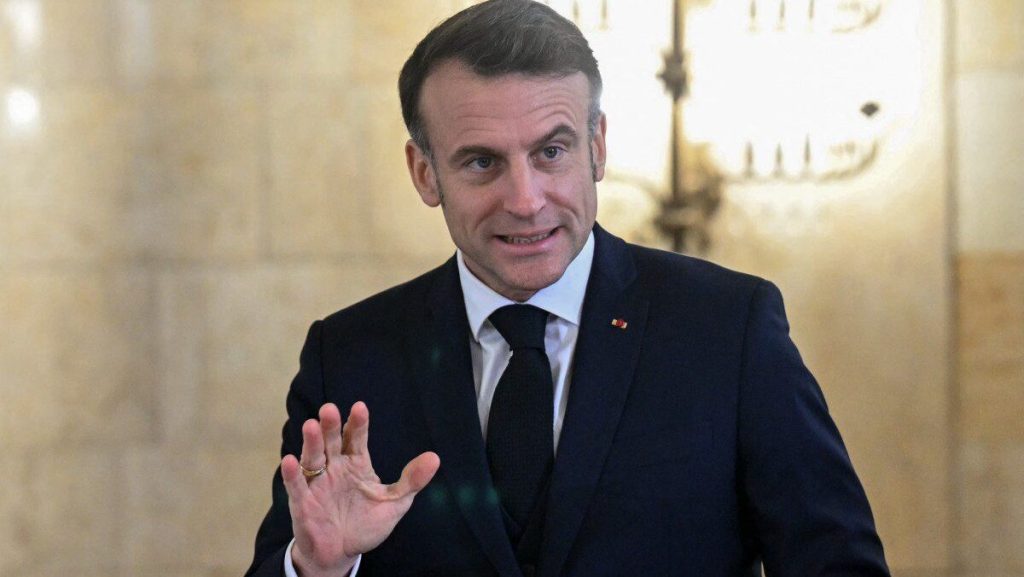Georgian president seeks Europe’s support as she defies her own government
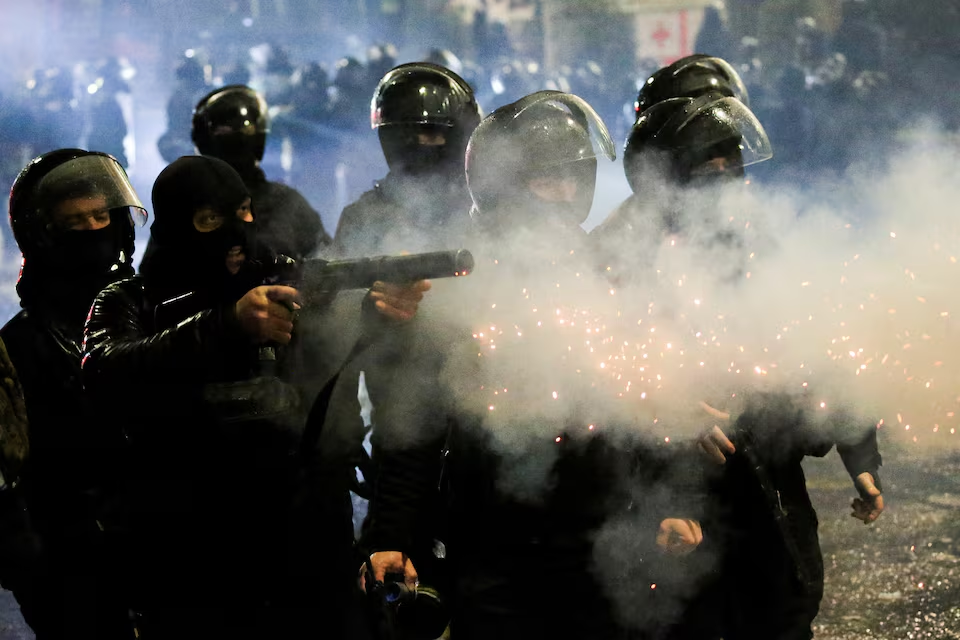
In a dramatic political turn, Georgia’s President, Salome Zourabichvili, has openly called for European support as she challenges her government over issues of democratic governance and foreign policy. Her appeal comes at a time of growing tension between the presidential office and the Georgian government, which has been accused of backsliding on democratic reforms and distancing itself from European Union (EU) integration.
A Showdown Over European Integration
Zourabichvili, a former French diplomat, has positioned herself as a staunch proponent of Georgia’s European integration. Her administration has been vocal about aligning Georgia more closely with European standards, including advancing political reforms, bolstering human rights protections, and addressing corruption. However, the country’s government, led by the ruling Georgian Dream party, has faced criticism for its perceived shift toward Russia, especially as it has softened its rhetoric on NATO membership and has shown reluctance in fully embracing EU-centric policies.
The current standoff between the president and the government marks a significant moment in Georgia’s political landscape. While Zourabichvili has consistently advocated for a more pro-European foreign policy, the Georgian Dream party, which dominates the parliament, has been criticized for fostering closer ties with Moscow. This shift has raised concerns among pro-European Georgians, who fear the government is moving away from the European values that have been a cornerstone of Georgia’s recent political trajectory.
The President’s Appeal to Europe
Amid this internal discord, Zourabichvili has turned to European allies, seeking their support for her vision of Georgia’s future. In a recent address, she emphasized that Georgia’s aspirations to join the European Union should remain a top priority, calling for a recommitment to democratic reforms and EU integration. She has urged European leaders to stand with her in pushing the government to adhere to European standards of governance, particularly as Georgia has applied for EU membership and awaits a decision on its candidacy.
Zourabichvili’s plea is also a response to growing frustration among Georgian citizens and the international community. Many observers are concerned that the current government’s policies could undermine Georgia’s progress in securing its place within Europe’s democratic fold. The president’s stance is rooted in her belief that closer ties to Europe will provide not only economic benefits but also bolster Georgia’s sovereignty in the face of Russian influence.
The Political Divide
The political divide between the president and the government has deepened in recent years, with tensions rising over how Georgia should navigate its foreign policy. Zourabichvili has repeatedly criticized the Georgian Dream party for not being assertive enough in confronting Russia, especially as Moscow continues its military activities in neighboring Ukraine. The president has been vocal about her belief that Georgia must align itself more with the West, both in terms of military alliances like NATO and economically through integration with the EU.
On the other hand, the government has sought to maintain a delicate balance between its Western aspirations and its complex relationship with Russia. Despite the pro-European rhetoric from the ruling party, critics argue that Georgian Dream’s policies are increasingly driven by pragmatism in dealing with Russia, particularly due to Georgia’s economic ties with its northern neighbor.
This divergence has caused significant tension within the political sphere. While the government argues that its approach is necessary for maintaining peace and stability in the region, Zourabichvili maintains that a stronger European commitment is the key to securing Georgia’s future in the long term. Her call for European support underscores the high stakes involved in Georgia’s future direction—either embracing a fully pro-European stance or maintaining a more neutral, cautious approach with its eastern neighbor.
The Importance of EU Support
The president’s appeal to Europe reflects the importance of the EU in Georgia’s political future. While Georgia has made strides in democratic reforms, the EU’s conditional support has been a critical factor in pushing for further changes. The EU’s stance on Georgia’s bid for membership remains a significant issue. The EU has been cautious in its support, urging Georgia to make substantial improvements in areas such as judicial independence, media freedom, and combating corruption before progressing further.
For Zourabichvili, gaining European backing is crucial not only for strengthening Georgia’s aspirations but also for countering the influence of the government. She has repeatedly underscored the importance of maintaining democratic values and securing the rule of law, both of which are essential for moving closer to the EU’s standards.
European leaders have expressed varying levels of support for Georgia, but the president’s direct appeal to them signals a shift in the political dynamics of the country. Zourabichvili’s efforts are aimed at maintaining momentum for Georgia’s EU integration, even as the government seems to prioritize more pragmatic, Russia-friendly policies.
The unfolding political battle between Georgia’s president and its government presents a pivotal moment in the country’s path to European integration. Zourabichvili’s appeal to Europe could be the catalyst for a renewed push toward democratic reforms, but it also highlights the deep divisions within the Georgian political establishment. The government’s response to her plea will likely shape the nation’s foreign and domestic policies in the coming years.
In the broader context, Georgia’s struggle reflects the challenges many former Soviet states face in balancing their aspirations for closer ties with the West while managing historical, political, and economic ties with Russia. For Georgia, the choice between Europe and Russia remains central to its national identity and future.
As the EU continues to assess Georgia’s readiness for membership, the political tug-of-war between the presidency and the government will undoubtedly influence the direction of the country’s aspirations. The coming months will be critical as European leaders decide how far they are willing to go in supporting Georgia’s bid for closer integration into Europe.


